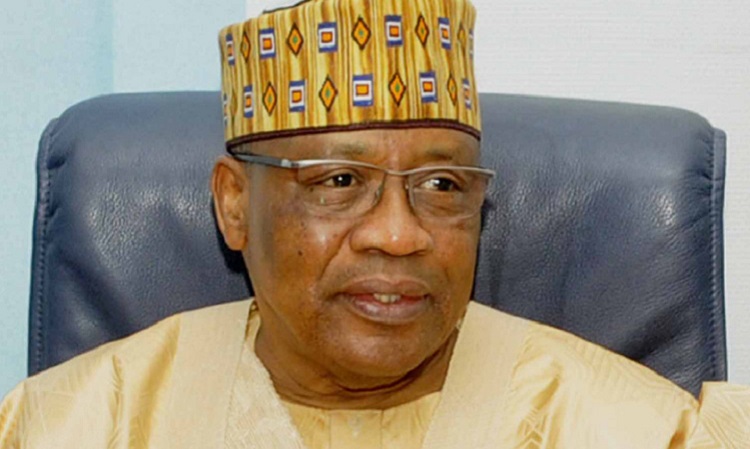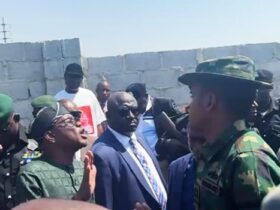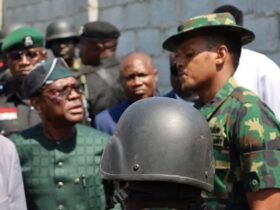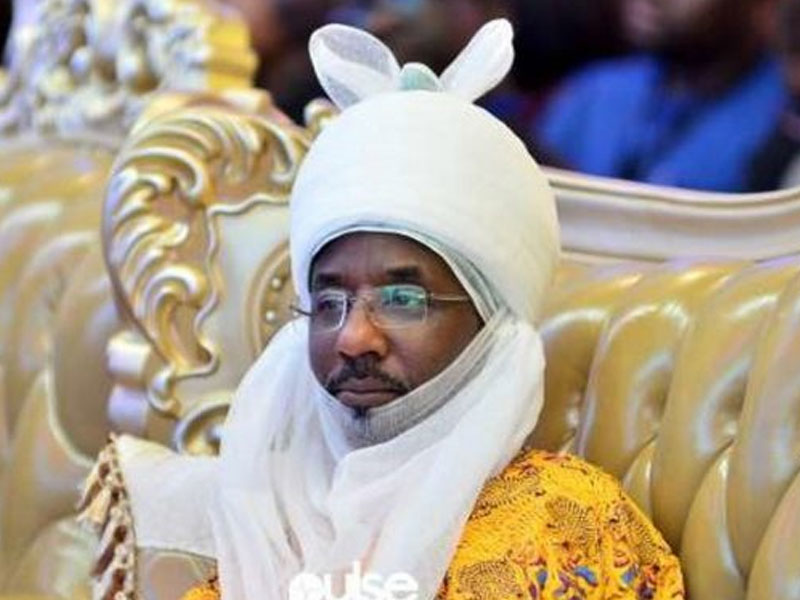A Shocking Admission at IBB’s Book Launch
Former Military Head of State, General Ibrahim Badamosi Babangida (IBB), has made a startling revelation about the events surrounding the annulment of the June 12, 1993, presidential election. Speaking at the launch of his autobiography, A Journey in Service, in Abuja on February 21, 2025, IBB admitted that MKO Abiola, the presumed winner of the election, faced formidable opposition from forces that would have led to his assassination if he had been declared president.
This admission sheds new light on one of Nigeria’s most controversial political moments and offers a glimpse into the complex dynamics that shaped the annulment of the election.
The Fear of Civil War
IBB revealed that he was deeply concerned about the potential consequences of declaring Abiola the winner. He stated, “Unfortunately, the forces gathered against him after the June 12 elections were so formidable that I was convinced that if he became President, he would be quickly eliminated by the same forces who pretended to be his friends.”
The former military leader expressed his fear that Abiola’s assassination could have plunged Nigeria into another civil war. “Having participated in one civil war, with all its horrors, pains, and devastation, I wasn’t prepared to see another,” he said.
Regret and Recognition
IBB acknowledged that the annulment of the June 12 election was a “subversion of the will of the Nigerian people” and expressed regret over the decision. However, he defended his actions as a necessary evil to prevent further chaos and bloodshed.
He also expressed gratitude to former President Muhammadu Buhari’s administration for posthumously recognizing MKO Abiola as a “former head of state” and awarding him the Grand Commander of the Federal Republic (GCFR), Nigeria’s highest national honor.
The Legacy of June 12
The June 12, 1993, election is widely regarded as Nigeria’s freest and fairest presidential election. Abiola, a wealthy businessman and philanthropist, won by a landslide, but the election was annulled by the military government led by IBB. The annulment sparked widespread protests and political unrest, ultimately leading to Abiola’s imprisonment and death in 1998.
IBB’s recent admission has reignited discussions about the election’s significance and the lessons it holds for Nigeria’s democracy.
Why This Matters
IBB’s revelations provide a rare insight into the behind-the-scenes decisions that shaped Nigeria’s political history. While his admission may not absolve him of responsibility, it offers a deeper understanding of the challenges and pressures faced by leaders during turbulent times.
As Nigeria continues to grapple with issues of democracy and governance, the story of June 12 serves as a reminder of the importance of transparency, accountability, and the will of the people.
















Got a Questions?
Find us on Socials or Contact us and we’ll get back to you as soon as possible.